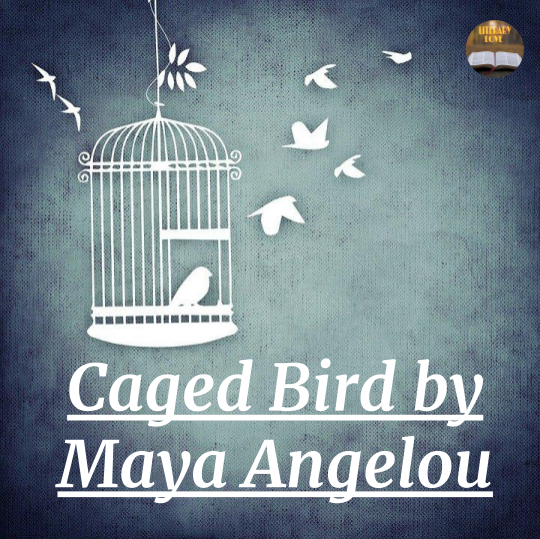Success Is Counted Sweetest by Emily Dickinson
Success is counted sweetest
By those who ne'er succeed.
To comprehend a nectar
Requires sorest need.
Not one of all the purple Host
Who took the Flag today
Can tell the definition
So clear of victory
As he defeated – dying –
On whose forbidden ear
The distant strains of triumph
Burst agonized and clear!
INTRODUCTION -
The poem “Success Is Counted Sweetest” was written by the famous poet Emily Dickinson in 1859. It was published in 1864. The poem consists of 12 lines divided into three quatrains. Each quatrain follows the rhyme scheme of ABCB. The poem displays a profound message regarding success. The poet says that success is not honored correctly by everyone. Only those who haven’t had a chance to become successful n their life know the real meaning and taste of success. To make this idea clear, she uses the example of a fallen soldier.
POET -
Emily Elizabeth Dickinson (10 December 1830 – 15 May 1886) was an American poet. Her poems mostly deal with themes of death and immortality. In her lifetime, she wrote 1775 poems but didn’t provide them with a title. Hence, all her works are known by their first line. Her most famous works include I'm Nobody! Who are you?, "Hope" Is The Thing with Feathers, There Is Another Sky, etc.
SUMMARY -
In the first four lines, the poet states that the people who always fail are the ones who appreciate success the most. It is because of their intense desire to achieve it. To truly value something sweet like success, you have to need it deeply. The poet continues this explanation by giving an example. She says that not a single soldier in the army that won the battle today has as clear an understanding of the meaning of victory. As they have achieved success, they no longer know its real taste because now they aren’t craving it. The real taste of victory can be done only by the dying soldier from the opposing army. To this dying soldier’s ears, the distant sounds of celebration ring out painfully clear. He fought with all his potential and still could not achieve victory; hence his need and understanding will be the most supreme.
THEMES -
- Success - In this poem, success is presented as a paradox: the more successful you are, the less you appreciate that success, and vice versa. Thus, the desire for success is the strongest in those who need it most—like the dying soldier who can hear the celebrations of his enemies.
- Desire - Similarly, desire is defined by a sense of lack—of not having something. As the fallen soldier was unable to achieve victory, he desires it even in his last breath. People who don’t have something want it all the more intensely.
END -
Within the poem, Dickinson explains a contrast about who we think has tasted success and who knows its taste. The paradoxical situation here, however, has highlighted the true nature of success; i.e., it is insatiable. The more you have it, the more you want it.











1 Comments
Nice one.
ReplyDelete